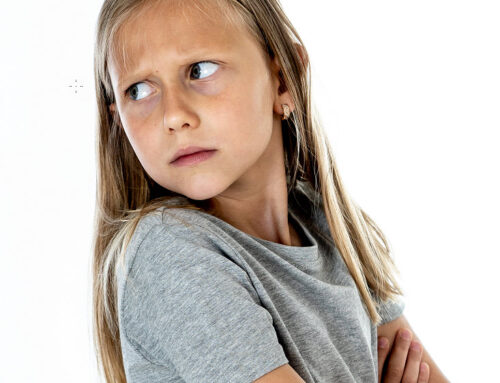Children’s Use of Social Media
Posts and online activities of the young often reflect attitudes and errors of judgment that are immature. Yet, these leave a public record that may prove difficult to escape. So what do we do about children’s use of social media? Similarly, children often don’t understand how their actions and information may be recorded and shared online, and so willingly tick boxes giving permission to do so. However, a new UK campaign launched this week hopes to put an end to all of that. The campaign, called ‘iRights’, proposes that young children should be able to edit or remove content that they have previously created online. It also promotes the need for children to be made aware of how their data may be used. According to the iRights website, ‘We believe children and young people should have the unqualified right, on every internet platform or service, to fully remove data and content they have created.’ In terms of children’s rights to be aware of how data is used, the website states; ‘It must be right that children and young people are only asked to hand over personal data when they have the capacity to understand they are doing so and what their decision means. It must also be right that terms and conditions aimed at young people are written so that typical minors can easily understand them.’ Additionally, the website outlines young peoples’ rights relating to safety and support, informed and conscious choices and digital literacy. So is this the kind of thing that we should be looking at adopting in Australia? Parenting expert and psychotherapist, Dr Karen Phillip, thinks so. “Children have no concept of something staying in cyberspace for eternity, and what seemed like a good idea when 15 years old, may have dreadful consequences at 25 years old relating to partners, family and career,” she says. Phillip believes that, as adults, we provide children with access to online resources and tools, yet we don’t always educate them on how it should be used correctly and appropriately. She believes that something such as iRights could help alleviate that problem. “Teaching children what can happen to their posted data is a valuable lesson that must be given,” she says. “Out of sight / out of mind is the belief and this is so inaccurate, and better they learn this as young as possible.” Phillip also likes the fact that children would have the ability to change their mind, right a wrong or have a new or different opinion. However, she does express concern that this could detract from children learning certain valuable lessons about the harm that social media can cause. “The negative I see is in allowing children to post something harmful or mean up on social media, while then having an ‘out clause’ to remove it after the damage has been done,” she says. “What must be learnt is that posting something damaging about another person will hurt them, but if they are permitted to remove a posting without consequence, this is unhelpful.” Read full article by Jo Hartley in Essential Kids






